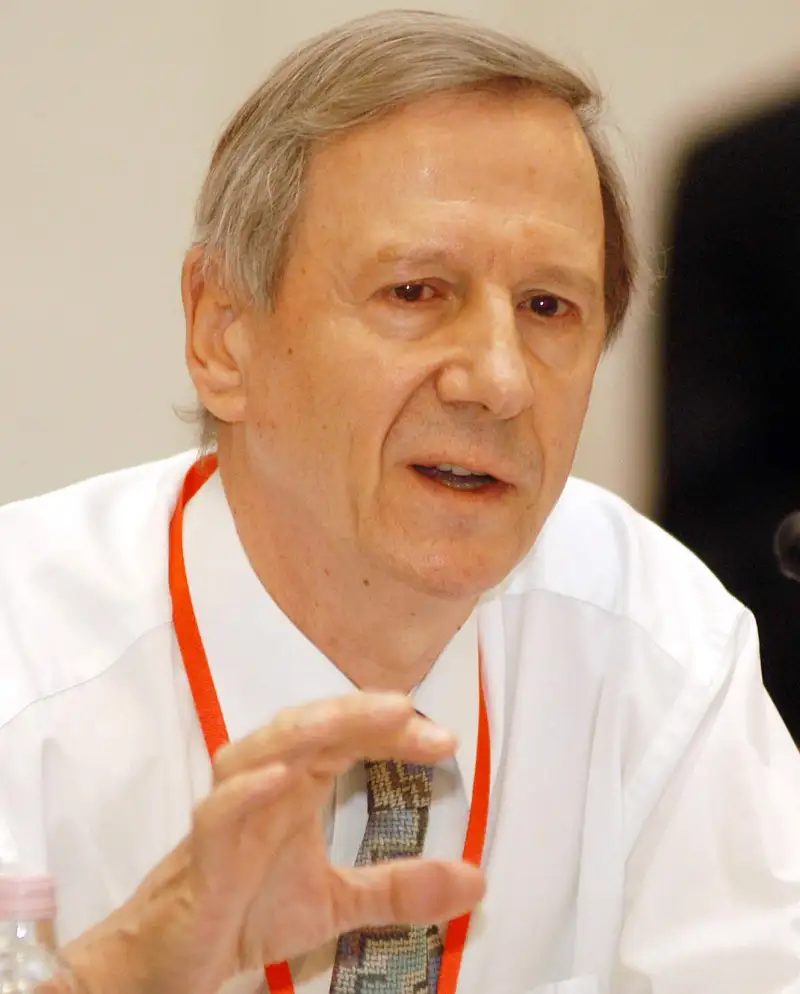Table of Contents
Anthony Giddens is a prominent British sociologist whose work has had a significant impact on contemporary sociological theory. His contributions span various topics, including the theory of structuration, modernity, and globalization. Giddens has sought to bridge the gap between classical and contemporary sociological theories, providing fresh perspectives on the nature of society and social change. This essay outlines and explains the key ideas of Anthony Giddens, focusing on his theory of structuration, his views on modernity, and his understanding of globalization.
Theory of Structuration
Conceptual Framework
Giddens’ theory of structuration is one of his most influential contributions to sociology. This theory aims to reconcile the dichotomy between structure and agency in social theory. Traditional sociological theories often emphasize either the role of structures (rules, norms, and institutions) in shaping human behavior or the role of agency (individual action and decision-making). Giddens argues that both structure and agency are mutually constitutive, meaning they influence and shape each other continuously.
Duality of Structure
At the heart of the theory of structuration is the concept of the duality of structure. According to Giddens, structures are both the medium and the outcome of the practices they recursively organize. This means that while social structures shape the actions of individuals, these structures are also produced and reproduced through the actions of individuals. For instance, the norms governing behavior in a workplace are maintained through the actions of employees and management, yet these same actions are shaped by the existing norms.
Practical and Discursive Consciousness
Giddens also distinguishes between practical and discursive consciousness. Practical consciousness refers to the tacit knowledge and skills individuals use in their daily activities without being able to articulate them explicitly. Discursive consciousness, on the other hand, involves the ability to describe and explain these activities and the rules governing them. This distinction highlights the often subconscious nature of social practices and the implicit understanding individuals have of the social world.
Time-Space Distanciation
Another critical aspect of structuration theory is the concept of time-space distanciation. Giddens argues that social interactions are not confined to specific times and places but are spread across time and space through various mechanisms, such as communication technologies and institutional practices. This idea is particularly relevant in the context of globalization, where actions and events in one part of the world can have immediate and far-reaching impacts elsewhere.
Modernity
Characteristics of Modernity
Giddens has extensively explored the nature and implications of modernity. He identifies modernity as characterized by a distinct set of social and economic practices that differentiate it from traditional societies. Key features of modernity include industrialization, the rise of bureaucratic institutions, the dominance of rationality and scientific thinking, and the separation of time and space facilitated by technological advancements.
Reflexivity
One of the defining features of modernity, according to Giddens, is reflexivity. In a modern society, individuals and institutions continually monitor and revise their actions and practices in light of new information and changing circumstances. This reflexivity is not merely a cognitive process but is embedded in the very fabric of social life, influencing everything from personal identity to organizational practices.
Disembedding Mechanisms
Giddens also introduces the concept of disembedding mechanisms, which refer to processes that lift social relations out of their local contexts and reconfigure them across indefinite spans of time and space. Examples of disembedding mechanisms include money, which allows for the exchange of value across different contexts, and expert systems, which provide specialized knowledge and services independent of their users’ local environments. These mechanisms are central to the functioning of modern societies, enabling complex forms of coordination and interaction.
Risk and Trust
In his analysis of modernity, Giddens pays particular attention to the concepts of risk and trust. Modern societies are characterized by a heightened awareness of risk, partly due to the rapid pace of technological and social change. Trust becomes crucial in managing these risks, as individuals and institutions must rely on various abstract systems and expert knowledge. Giddens argues that the dynamics of risk and trust are central to understanding the functioning and stability of modern societies.
Globalization
Get the full article AD FREE. Join now for full access to all premium articles.
View Plans & Subscribe Already a member? Log in.





